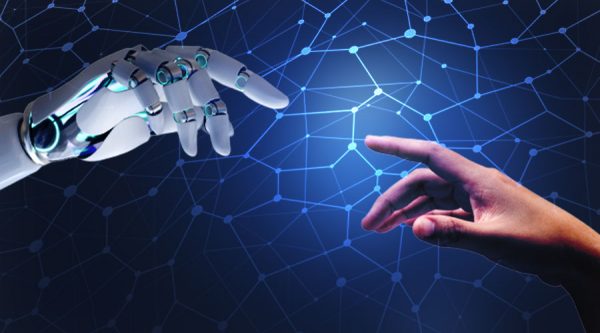Deep learning is a subset of machine learning. For students to excel in the modern world economy, deep learning skills must be mastered. With the help of deep learning abilities, they could be able to gain coveted employment at FAANG companies and earn six-figure salaries.
The acronym FAANG stands for Facebook, Amazon, Apple, Netflix, and Google, five well-known American technology companies. In this essay, we’ll go over some of the top deep learning competencies you need to have in order to be inflation-proof and get hired by one of the FAANG companies. It’s not as though you’ll only need to be familiar with a few of techniques and apply them to the data you’ll be given while working on Deep Learning. You must first determine the problem for which a solution is required and necessary before beginning with the inflation-proof deep learning skills.
- Probability and Statistics
In probability, there is a theory referred to as Bayes. This is used to categorise our data using the Naive Bayes algorithm. The following is the probability distribution. You will be able to calculate the possible frequency of an occurrence as a result. You also need to understand how sampling and hypothesis testing work.
- 2.Linear Algebra
The two main components of linear algebra used in deep learning and machine learning are matrices and vectors. Both of them are extensively used in deep learning. Matrix-based image recognition is used. To represent the images you need for image recognition, you use matrices. The vector is used by the Netflix and Amazon recommender systems to choose what to recommend. This is a representation of the consumer behaviour vector. - 3.Calculus
Integral calculus and differential calculus are the two subfields of calculus. These assist in determining the probability of certain outcomes. The posterior probability, for instance, can be calculated using the Naive Bayes algorithm.
- Programming Knowledge
You can choose from a huge selection of programming languages. Python, R, C, and Java are the most widely used programming languages for deep learning.
But Python and R are the greatest programming languages for deep learning and machine learning. You should learn R or Python.
- Data preparation
Cleaning, parsing, correcting, and consolidating are processes that must be taken before data may be pre-processed. Additionally, you should be able to retrieve data from a local server or the internet. You need to be familiar with data transformation. Data transformation involves presenting it in an acceptable, respectable format. Since loading is the next step, you must be able to understand how to load the data into your application. - Database expertise
Data is the basis of deep learning, so you should be familiar with the database. You must be familiar with Oracle Database, MySql, and NoSql. - Machine Learning Expertise
The next most important stage is having an understanding of machine learning algorithms. Because mastering deep learning requires a fundamental knowledge of machine learning techniques. Learn at least a few popular machine learning techniques, including Naive Bayes, Support Vector Machine, K closest Neighbour, Linear Regression, Logistic Regression, Decision Tree, Random Forest, K Means Clustering, Hierarchical Clustering, and Apriori.
Clustering and classification are the two categories under which these algorithms fall.
Regression and classification are the two different forms of classification. While data are forecasted using regression, data are classified into many classes by classification algorithms.
When data is clustered, several clusters are created based on similar characteristics.
- Knowledge of Deep Learning Algorithms
After mastering a machine learning technique, you must learn a deep learning algorithm. Artificial neural networks, convolutional neural networks, recurrent neural networks, generative adversarial networks, deep belief networks, and long short-term memory networks are the most common and well-liked deep learning techniques. - Understanding Deep Learning Frameworks
You must be knowledgeable about these frameworks. Scikit-Learn, Theano, TensorFlow DL4J, Caffe, Microsoft Cognitive Toolkit, PyTorch, Keras, and DL4J are the most popular deep learning frameworks. - Information regarding Cloud Computing Platforms
As technology develops, the amount of data increases quickly; if your local server is unable to manage this data, you should migrate to cloud solutions. These programmes provide top-notch services for everything from model development to data processing.









